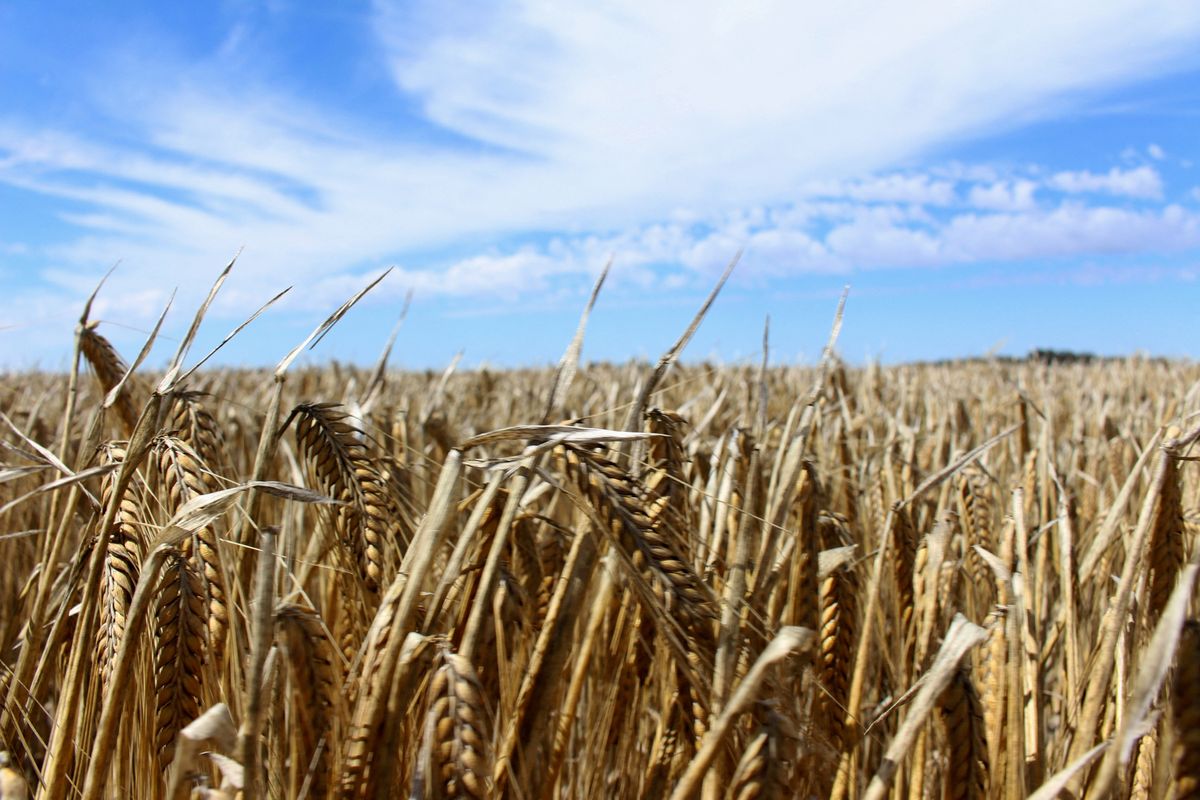Australia and China begin easing trade tensions
For the past few years, there's been a lot of tension between Australia and China when it comes to trade.

A few minutes every morning is all you need.
Stay up to date on the world's Headlines and Human Stories. It's fun, it's factual, it's fluff-free.
The backstory: For the past few years, there's been a lot of tension between Australia and China when it comes to trade. In May 2020, China placed an 80% tariff on Australian barley after Australia called for an independent probe into the COVID pandemic. Australia then challenged the tariff in the World Trade Organization (WTO). The trade barriers have been costing Australian exporters billions of dollars.
More recently: Last year, tensions began easing between the two with Australia's new center-left government. Foreign Minister Penny Wong met with her Chinese counterpart Wang Yi in Beijing this past December, the first visit there by an Australian minister since 2019. And, in January, for the first time in almost three years, China started importing Australian coal again.
The development: On Tuesday, the two countries said they had reached a new trade deal on barley imports. Australia plans to suspend the case it brought to the WTO involving China's anti-dumping and tariffs on Australian barley while they work things out. And China plans to address those tariffs over the next three to four months. Australia confirmed that the process would be a lot quicker than going through the WTO. Later this week, Chinese Vice Foreign Minister Ma Zhaoxu will visit the land down under and Fiji and will be meeting with government officials.
Key comments:
"Obviously, if the duty is not lifted at the end of the review period, we'll resume our dispute in the WTO," Australian Foreign Minister Penny Wong said.
"This process to reach a resolution would be significantly shorter than if the WTO process continued," Grain Producers Australian chair Barry Large said in a statement.
"Rebalancing is what will happen," said Brent Atthill, head of brewing consultancy RMI Analytics. "China will have more choices for buying and a better way to manage the war situation in (exporter) Ukraine."




Comments ()